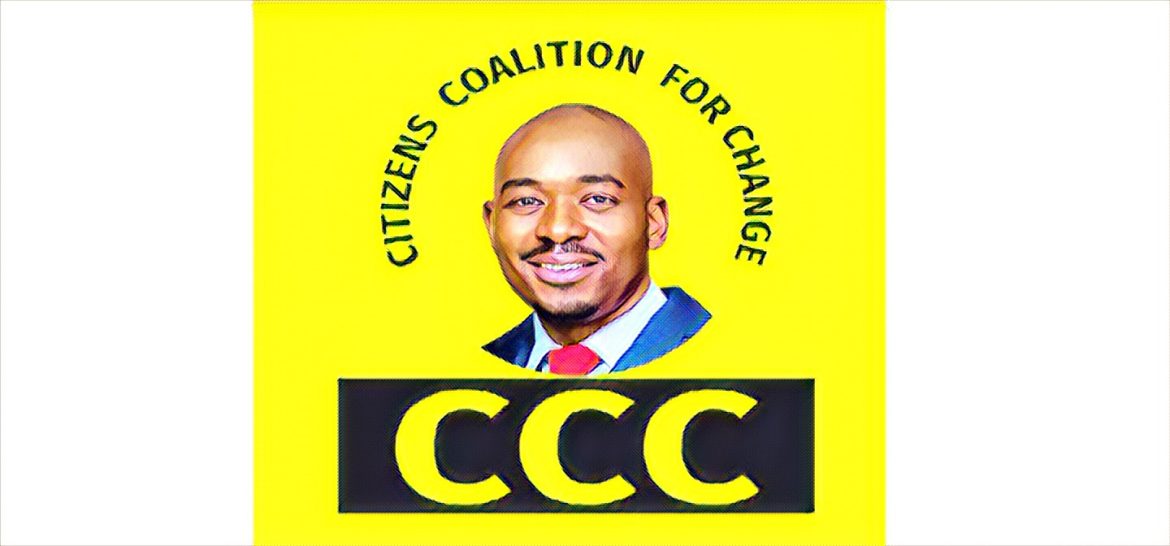The Citizen Coalition for Change (CCC), Zimbabwe’s spirited opposition party, steps forward. Boldly, they challenge the ruling Zanu PF party and the Zimbabwe Electoral Commission (ZEC). The CCC’s message is clear: Zimbabwe is on the brink of transparent and unbiased elections, regardless of reservations or resistances.
Promise Mkwananzi, the spokesperson for CCC, unveiled insights into the recent election. President Emmerson Mnangagwa emerged victorious, but not without controversy. Garnering 52.6% of votes against Nelson Chamisa’s 44%, the election’s integrity was put under the lens. Both the Southern Africa Development Committee (SADC) and the broader international community raised concerns.
Chamisa, the resolute leader of the opposition, rejected the outcome. He alleged blatant manipulation. Mkwananzi echoed these concerns, asserting, “The decision to conduct a fresh election isn’t solely in President Mnangagwa’s hands. All stakeholders in Zimbabwe, along with the region, should have a say.”
Reflecting on the past, Mkwananzi brought to light an earlier instance of political interference. Former President Robert Mugabe, after a defeat to the late MDC-T leader, Morgan Tsvangirai, intended to step down. However, Mnangagwa and his allies reportedly intervened. “Mugabe wanted to step down, but Mnangagwa’s faction overruled the popular will,” Mkwananzi highlighted.
Mkwananzi’s statements underline CCC’s persistent call for re-elections. They believe the current governance lacks legitimacy. Their vision revolves around a new, unbiased election process. Ideally, this process would be under the watchful eyes of a transitional authority, guided by SADC, and an independent electoral body.
Recent elections stirred up diplomatic waters, especially with some SADC countries, notably Zambia. Chris Mutsvangwa, Zimbabwe’s War Veterans minister, sent out stern warnings. He cautioned Western nations and Zambia against meddling in Zimbabwe’s affairs. Shockingly, he claimed unanimous support from SADC’s revolutionary parties.
However, the climax of tension materialized when Zambia, leading a SADC mission, questioned Zimbabwe’s election integrity. This led to a tit-for-tat verbal altercation, revealing cracks in the diplomatic relationship between the two nations.
Responding to the turmoil, SADC expressed its reservations. They voiced concerns over criticisms directed at its election observers, suggesting that such negative narratives could tarnish SADC’s reputation.
Back home, Zimbabwe’s Presidential spokesperson, George Charamba, didn’t hold back. In a state-run newspaper piece, Charamba stated that Zimbabweans find Chamisa’s post-election actions perplexing.
Zimbabwe’s political arena is rife with anticipation, hope, and controversies. The looming elections are more than a political event; they’re a testament to the nation’s aspirations for true democracy. As the saga unfolds, the world watches, rooting for the voice of Zimbabweans.


